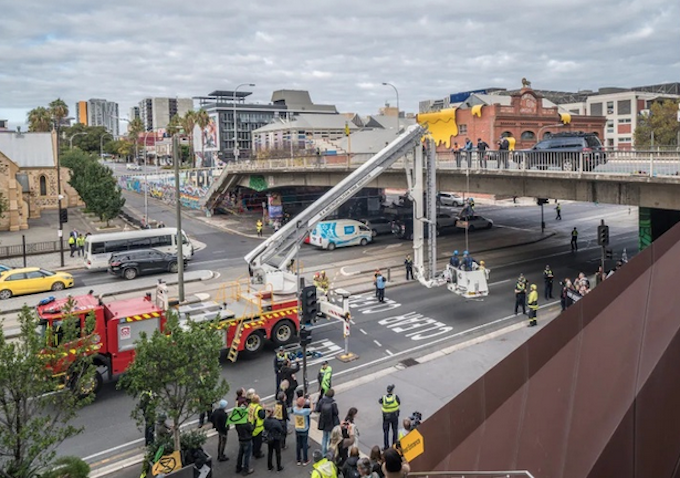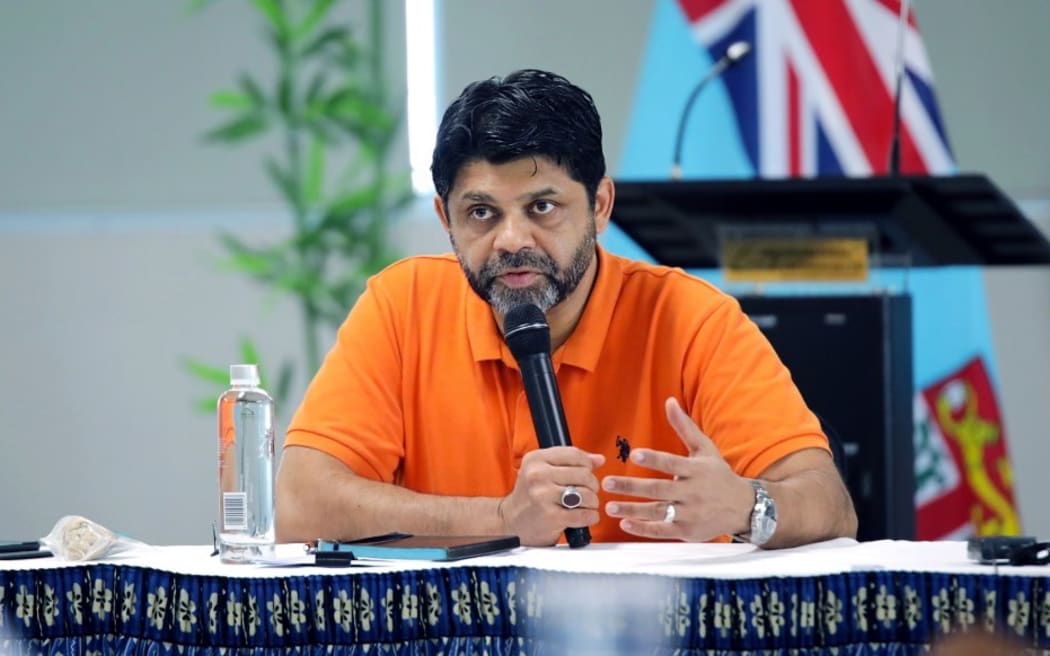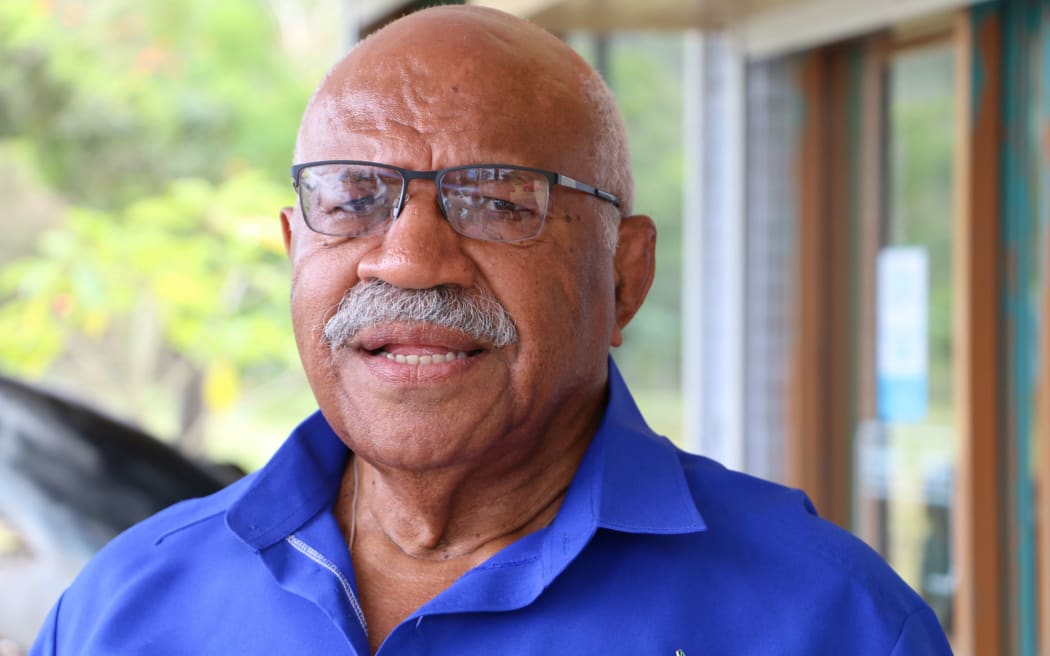A bill introducing harsh penalties and extending the scope of a law applying to those who obstruct public places has been passed after an all-night sitting by the South Australian Legislative Council this week, reports veteran investigative journalist Wendy Bacon — herself twice imprisoned for free speech.
By Wendy Bacon
South Australia now joins New South Wales, Tasmania, Victoria and Queensland, states which have already passed anti-protest laws imposing severe penalties on people who engage in peaceful civil disobedience.
However, South Australia’s new law carries the harshest financial penalties in Australia.
Thirteen Upper House Labor and Liberal MPs voted for the Bill, opposed by two Green MPs and two SABest MPs. The government faced down the cross bench moves to hold an inquiry into the bill, to review it in a year, or add a defence of “reasonableness”.
The Summary Offences (Obstruction of Public Places) Amendment Bill 2023 was introduced into the House Assembly by Premier Peter Malinauskas the day after Extinction Rebellion protests were staged around the Australian Petroleum and Exploration Association (APPEA) annual conference on May 17.
The most dramatic of these protests was staged by 69-year-old Meme Thorne who abseiled off a city bridge causing delays and traffic to be diverted.
Meanwhile, the gas lobby APPEA which is financed by foreign fossil fuel companies has stopped publishing its (public) financial statements. Questions put for this story were ignored but we will append a response should one be available.
The APPEA conference is a major gathering of oil and gas companies that was bound to attract protests. Its membership covers 95 pecent of Australia’s oil and gas industry and many other companies who supply goods and services to fossil fuel industries.
The dramatic climate protest staged by 69-year-old Meme Thorne who abseiled off an Adelaide bridge last month. Video: The Independent
The principal sponsors of this year’s conference were corporate giants Exxon-Mobil and Woodside.
Since March, Extinction Rebellion South Australia has been openly planning protests to draw attention to scientific evidence showing that any expansion of fossil fuel industries risks massive global disruption and millions of deaths.
The new laws will not apply to those arrested last week, several of whom have already been sentenced under existing laws.
In fact, when SA Attorney-General Kyam Maher was asked about the protests on May 17 shortly after the abseiling incident, he told the Upper House that “there are substantial penalties for doing things that can impede or restrict things like emergency services. I know that (police) . . . have in the past and will continue to do, enforce the laws that we have.”
Sensing that something was in the wind, he said he would be open to suggestions from the opposition.
Fines up 66 times, prison sentence introduced
That afternoon, SA Opposition Leader and Liberal David Speirs handed the government a draft bill. This was finalised by parliamentary counsel overnight and whipped through the Lower House on May 18, without debate or scrutiny.
It took 20 minutes from start to finish: as one Upper House MP said, it would take “longer to do a load of washing”.
While Malinauskas and Speirs thanked each other for their cooperation, some MPs had not seen the unpublished bill before they passed it.
The new law introduces maximum penalties of A$50,000 (66 times the previous maximum fine) or a prison sentence of three months.
The maximum fine was previously $750, and there was no prison penalty.
If emergency services (police, fire, ambulance) are called to a protest, those convicted can also be required to pay emergency service costs. The scope of the law has also been widened to include “indirect” obstruction of a public place.
This means that if you stage a protest and the police use 20 emergency vehicles to divert traffic, you could be found guilty under the new section and be liable for the costs.
Even people handing out pamphlets about vaping harm in front of a shop, or workers gathering on a footpath to demand better pay, could fall foul of the laws.
An SABest amendment to the original bill removing the word “reckless” restricts its scope to intentional acts.

Peter Malinauskus told Radio Fiveaa on Friday that the new laws aimed to deter “extremists” who protested “with impunity” by crowd sourcing funds to pay their fines.
In speaking about the laws, Malinaukas, Maher and their right-wing media supporters have made constant references to emergency services, and ambulances. But no evidence has emerged that ambulances were delayed.
The author contacted SA Ambulances to ask if any ambulances were held up on May 17, and if they were delayed, whether Thorne was told. SA Ambulance Services acknowledged the question but have not yet answered.
The old ambulance excuse
Significantly, the SA Ambulance Employees Union has complained about the “alarming breadth” of the laws and reminded the Malinauskas government that in the lead-up to last year’s state election, Labor joined Greens, SABest and others in protests about ambulance ramping, which caused significant traffic delays.
The constant references to emergencies are reminiscent of similar references in NSW. When protesters Violet Coco and firefighter Alan Glover were arrested on the Sydney Harbour Bridge last year, police included a reference to an ambulance in a statement of facts.
The ambulance did not exist and the false statement was withdrawn but this did not stop then Labor Opposition leader, now NSW Premier Chris Minns repeating the allegation when continuing to support harsh penalties even after a judge had released Coco from prison.
It later emerged that the protesters had agreed to move if it was necessary to make way for an ambulance.
The new SA law places a lot of discretion in the hands of the SA police to decide how to use resources and assess costs. The SA Police Commissioner Grant Stevens left no doubt about his hostility to disruptive protests when he said in reference to last week’s abseiling incident, “The ropes are fully extended across the street. So we can’t, as much as we might like to, cut the rope and let them drop.”
In Parliament, Green MP Robert Simms condemned this statement, noting that it had not been withdrawn.
In court, the police prosecutor (as NSW prosecutors have often done) argued that Thorne, who has been arrested in previous protests, should be refused bail.
Her lawyer Claire O’Connor SC reminded that courts around the country had ruled bail could not be denied to protesters as a form of punishment.
Shock jocks, News Corp, back new laws
She said that, at worst, her client faced a maximum fine of $1250 and three-month prison term if convicted — but added she intended to plead not guilty.
“You cannot isolate a particular group of offenders because of their motivation and treat them differently because of their beliefs,” she said. The magistrate granted Thorne bail until July.
For now the South Australian government has satisfied the radio shock jocks, Newscorp’s Adelaide Advertiser (which applauded the tough penalties), authoritarian elements in the SA police, and the Opposition.
But it has been well and truly wedged. After a fairly smooth first year in power, it now finds itself offside with a massive coalition of civil society, environmental groups, South Australian unions, the SA Law Society and the Council for Social Services, the Greens and SA Best.
In less than two weeks, Premier Malinkauskas’s new law was condemned by a full page advertisement in the Adelaide Advertiser that was signed by human rights, legal, civil society, environmental and activist organisations; faced two angry street rallies organised to demonstrate opposition to the laws; and was roundly criticised by a range of peak legal and human rights organisations.
Back to the past
Worst of all from the government’s point of view, SA Unions accused Malinkaskas of trashing South Australia’s proud progressive history.
“South Australian union members have fought for over a century to improve our living standards and rights at work. It took just 22 minutes for the government to pass a Bill in the House of Assembly attacking our rights to take the industrial action that made that possible.
“Their Bill is a mess and must be stopped,” SA Unions stated in a post on their official Facebook page.
In hours long speeches during the night, Green MPs Robert Simms and Tammie Franks and SABest Frank Pangano and Connie Bonaros detailed the history of protests that have led to progressive changes, including in South Australia.
They read onto the parliamentary record letters from organisations condemning both the content and unprecedented manner in which the laws were passed as undermining democracy.
Their message was crystal clear — peaceful disobedience is at the heart of democracy and there can be no peaceful disobedience without disruption.
Simms wore a LGBTQI activist pin to remind people that as a gay man he would never have been able to become a politician if it was not for the disruptive US-based Stonewall Riots and the early Sydney Mardi Gras, in which police arrested scores of people.
Protest is about “disrupting routines, people are making a noise and getting attention of people in power . . . change is led by people who are on the street, not made by those who stand meekly by,” he told Parliament.
Simms read from a letter by Australian Lawyers for Human Rights president Kerry Weste, who wrote, “Without the right to assemble en masse, disturb and disrupt, to speak up against injustice we would not have the eight-hour working day, and women would not be able to vote.
“Protests encourage the development of an engaged and informed citizenry and strengthen representative democracy by enabling direct participation in public affairs. When we violate the right to peaceful protest we undermine our democracy.”
At the same time as it was thumbing its nose at many of its supporters, the South Australian government left no one in doubt about its support for the expansion of the gas industry.
SA Energy Minister Tom Koutsantonis told the APPEA conference, “We are thankful you are here.
“We are happy to a be recipient of APPEA’s largesse in the form of coming here more often,” Koutsantonis said. “The South Australian government is at your disposal, we are here to help and we are here to offer you a pathway to the future.”
‘Gas grovelling’ not well received
This did not impress David Mejia-Canales, senior lawyer at the Human Rights Law Centre, whose words were also quoted in Parliament:
“Two days after the Malinauskas government told gas corporations that the state is at their service, the SA government is making good on its word by rushing through laws to limit the right of climate defenders and others to protest. Australia’s democracy is stronger when people protest on issues they care about
“This knee-jerk reaction by the South Australian government will undermine the ability of everyone in SA to exercise their right to peacefully protest, from young people marching for climate action to workers protesting for better conditions. The Legislative Council must reject this Bill.”
During his five-hour speech in the early hours of Wednesday, SA Best Frank Pangano told Parliament that he could not recall when a bill has “seen so much wholesale opposition from sections of the community who are informed, who know what law making is about.
“You have got a wide section of the community saying in unison, ‘you are wrong’ to the Premier, you actually got it wrong. But we are getting a tin ear.”
And it was not just the climate and human rights activists who were “getting the tin ear”: the SA Australian Law Society released a letter expressing “serious concerns with the manner in which the [bill] was rushed through the House of Assembly”.
It wrote, “This is not how good laws are made.
“Good laws undergo a process of consultation, scrutiny, and debate before being put to a vote. The public did not even have a chance to examine the wording of the Bill before it passed the House of Assembly.
“This is particularly worrying in circumstances where the proposed law in question affects a democratic right as fundamental as the right to protest, and drastically increases penalties for those convicted of an offence.”
The Law Society also sent a list of questions to the government which were not answered.
One of the last speeches in the early morning was by SABest MLC Connie Balaros who, wearing a t-shirt that read “Arrest me Pete”, vowed to continue to campaign against the laws and accused Labor MPs of betraying their members, the community and their own history.
No more baby steps. No more excuses. No more greenwashing. No more bottomless greed of the fossil fuel industry and its enablers.
Early this year, UN Secretary-General Antonio Gutierrez declared, “2023 is a year of reckoning. It must be a year of game-changing climate action.
“We need disruption to end the destruction. No more baby steps. No more excuses. No more greenwashing. No more bottomless greed of the fossil fuel industry and its enablers.”
Climate disasters mount
Since he made that statement, climate scientists have reported that Antarctic ice is melting faster than anticipated. This week, there has been record-beating heat in eastern Canada and the United States, Botswana in Africa, and South East China.
Right now, unprecedented out-of-control wildfires are ravaging Canada.
An international force of 1200 firefighters including Australians have joined the Canadian military battling to bring fires under control. Extreme rain and floods displaced millions in Pakistan and thousands in Australia in 2022.
Recently, extreme rain caused rivers to break their banks in Italy, causing landslides and turning streets into rivers. Homelessness drags on for years as affected communities struggle to recover long after the media moves on.
Is it any wonder that some people don’t continue as if it is ‘business as usual’. Protesters in London invaded Shell’s annual conference last week and in Paris, climate activists were tear gassed at Total Energies AGM.
Is it any wonder that some people don’t continue as if it is “business as usual”. Protesters in London invaded Shell’s annual conference last week and in Paris, climate activists were tear gassed at Total Energies AGM.
In The Netherlands last weekend, 1500 protesters who blocked a motorway to call attention to the climate emergency were water-cannoned and arrested.
On Thursday, May 30, Rising Tide protesters pleaded guilty to entering enclosed lands and attempting to block a coal train in Newcastle earlier this year. They received fines of between $450 and $750, most of which will be covered by crowdfunding.
Three of them were Knitting Nannas, a group of older women who stage frequent protests.
This week the Knitting Nannas and others formed a human chain around NAB headquarters in Sydney. They called for NAB to stop funding fossil fuel projects, including the Whitehaven coal mine.
Knitting Nannas, Rising Tide
Two Knitting Nannas have mounted a legal challenge in the NSW Supreme Court seeking a declaration that the NSW anti-protest laws are invalid because they violate the implied right to freedom of communication in the Australian constitution.
A similar action is already been considered in South Australia.
In this context, fossil fuel industry get togethers may no longer be seen as a PR and networking opportunity for government and companies.
Australian protesters will not be impressed by Federal and State Labor politicians reassurances that they have a right to protest, providing that they meekly follow established legal procedures that empower police and councils to give or refuse permission for assemblies at prearranged places and times and do not inconvenience anyone else.
This post was originally published on Asia Pacific Report.


